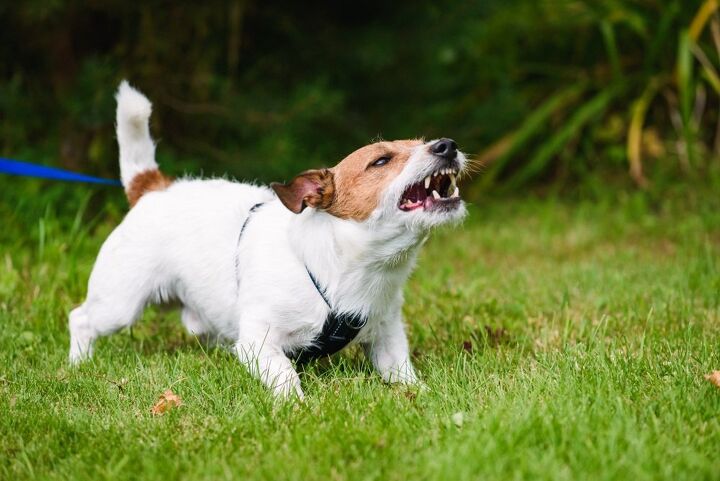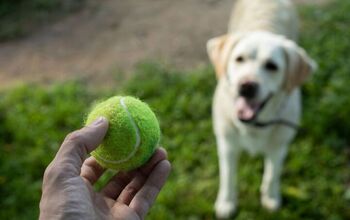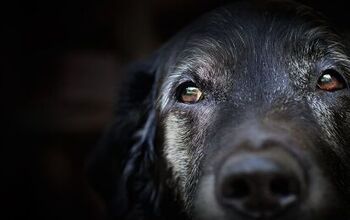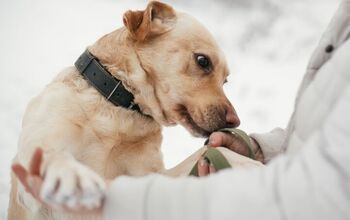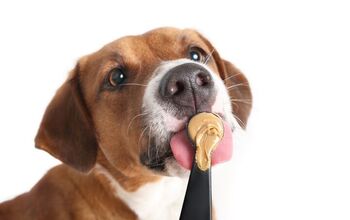What Are Your Legal Options If Your Dog Bites Someone?

Regardless of the size, age, sex, or breed of your dog, they’re all capable of biting when they feel that circumstances dictate. And while we may be convinced our pets would only act out under extreme provocation, does the law also see your dog as a vulnerable victim who acted in self defence? Well, yes and no.
You see, there are a number of mitigating circumstances under which a dog may not necessarily be considered the aggressor he is being portrayed. They can include factors such as:
- Was the dog being provoked by the victim?
- Was the victim trespassing onto private property at the time of the incident?
- Did the victim understand the dog to be fearful or volatile and still attempt to pet or engage with him?
These are all questions that insurance companies across North America raise when claims land on their desk and they need to determine culpability. And these claims can go beyond biting or nipping, they can include knocking an individual over (in play or other interaction) as well as chasing them and causing them to fall.
So, lets look at what is legally considered provocation? While you might assume it includes intentional teasing or taunting of a dog, it can be much more mundane – and unintentional. Trying to pat a dog that is eating, accidentally stepping on their tail, trying to break up a fight between dogs, or simply a stranger walking up to and attempting to pet the animal. Any of these defences might result in you and your pet being deemed not at fault. But these defences are not applicable in all states, nor are they a sure-proof defence. Its generally expected that owners be in control of their dog at all times in order to prevent this type of unforeseen circumstance.
In the US, where there are an estimated 89 million dogs and somewhere in the neighborhood of 800,000 bites each year, the onus lands more heavily on the owner. In certain states, the owner is liable whether or not they considered the animal to be dangerous and also regardless of what type of measures they took to keep their pet under control. And it extends beyond the owner to anyone who happens to be immediately responsible for the dog – including sitters and dog walkers. The culpability however, is on a sliding scale with those owners who showed an effort to control or restrict access to their pooch, seeing damages brought on in a civil suit, diminished accordingly.
So, what do you do when your dog bites someone?
- Immediately take control of the situation. If you’re at home, put your dog in another room, if outside put him in the house, and if at a leash-free park, put him in your vehicle.
- Offer first-aid to the victim – be it simply rinsing the wound with bottled water, helping them sit down, or applying pressure to a wound. If serious, or just looks really nasty, call 911.
- If the wound is small (and has / has not broken the skin), offer your personal contact information, collect theirs and confirm your pet’s medical history with them – specifically that his vaccines are up to date.
- Gather names and contact details from any witnesses.
- Take pictures of the wound.
- Stay calm, even if you feel the injured party provoked your pet or didn’t heed your warnings. Defensiveness may exacerbate the situation.
- Consider taking a proactive approach by contacting animal control yourself. Share the information, witness details, and confirm your pet’s immunization record.
- Advise your veterinarian that they may be contacted regarding the situation.
- Contact your dog’s kennel, walker, house-sitter and anyone else who has regular interaction with him, for a statement regarding his usual behavior and whether biting would be atypical for him.
- If the wound was serious, or if the victim implied a lawsuit, consider reaching out to a lawyer to advise on next steps.
If your pooch is known to be aggressive or even just high-strung and nervous when in unfamiliar setting, the potential for biting is there. If he doesn’t get along with other dogs, you run the risk of another owner trying to intervene if they feel their dog is in danger – and bites can happen. If your pooch is small but territorial, bites can happen. Never assume your dog doesn’t have it in him. Take precautions including muzzles, signage, fences, and verbal warnings when out walking.

Sharing space with three seriously judgy Schnoodles and a feline who prefers to be left alone. #LivingMyBestLife
More by Mary Simpson



